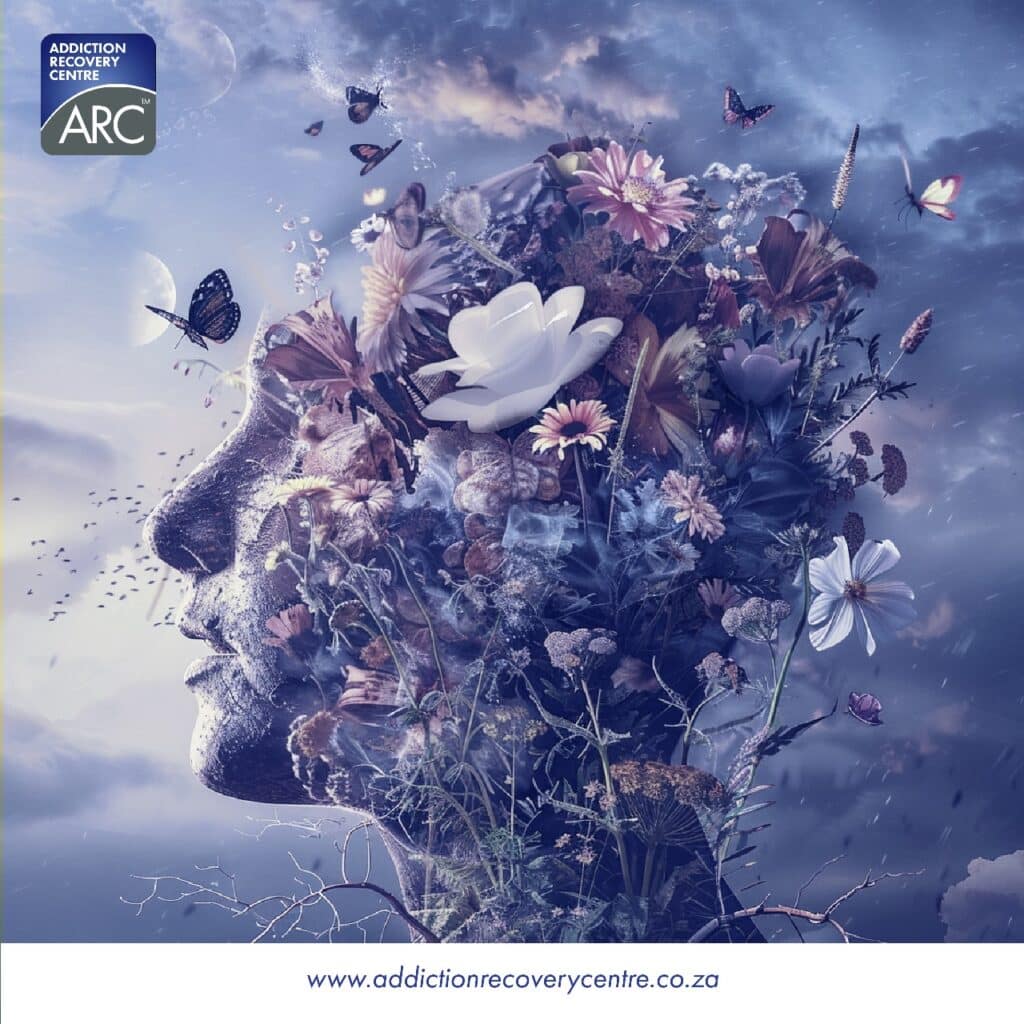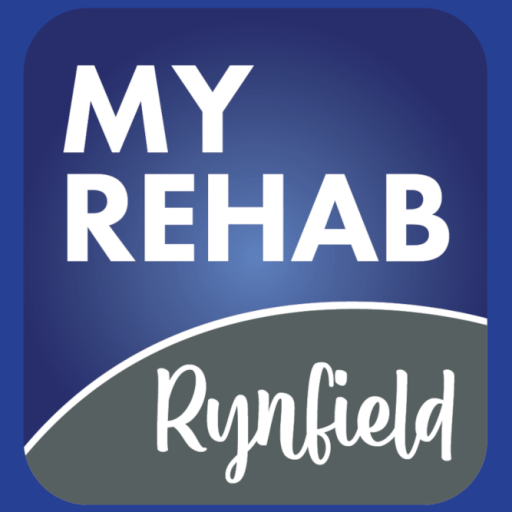
Top Aftercare Resources for Lasting Sobriety
Top Aftercare Resources for Lasting Sobriety
To achieve lasting sobriety, we need strong aftercare resources. Support groups like SMART Recovery and Refuge Recovery foster accountability and provide shared experiences. Counseling services offer personalized guidance, while online communities connect us with peers facing similar challenges. Wellness programs help us prioritize physical and mental health through fitness and mindfulness. Establishing a robust relapse prevention strategy is crucial, as are sober living environments that create supportive atmospheres. Lastly, educational resources, from books to workshops, deepen our understanding of recovery. Together, we can explore these resources further and discover how they can transform our sobriety journey.
Support Groups
Support groups provide a vital community where we can share our experiences and support each other on the journey to sobriety. These gatherings create a safe space to express our thoughts and feelings without judgment. When we come together, we realize we’re not alone in our struggles, which can be incredibly empowering.
In these groups, we share stories that resonate, helping us feel understood and validated. Listening to others’ experiences often inspires us and reinforces our commitment to sobriety. We learn valuable coping strategies and gain insights that can only come from those who’ve walked a similar path.
Support groups also hold us accountable. Knowing that we’ll be sharing our progress with others encourages us to stay committed to our goals. This accountability fosters a sense of responsibility and connection that’s crucial for long-term success.
Moreover, many of us find that forming friendships within these groups enriches our lives and provides additional motivation. Together, we celebrate milestones and navigate setbacks, creating a network of support that reinforces our sobriety journey. In essence, these groups are not just meetings; they’re lifelines that help us thrive in our commitment to a sober life.
Counseling Services
Counseling services play a crucial role in our recovery journey, offering personalized guidance and tools to navigate the challenges of sobriety. These services provide us with a safe space to explore our thoughts and feelings, allowing us to better understand the underlying issues that may contribute to our addiction. By working with a qualified counselor, we can identify triggers and develop effective coping strategies.
In our sessions, we tackle topics like stress management, relationships, and self-esteem. This focused approach helps us gain insights into our behavior patterns and empowers us to make healthier choices. We also benefit from accountability, as our counselors encourage us to set realistic goals and celebrate our progress.
Moreover, counseling services can be tailored to fit our individual needs, whether we prefer one-on-one sessions, group therapy, or family counseling. This flexibility ensures we receive the support that works best for us, ultimately enhancing our overall recovery experience. By engaging in counseling, we strengthen our foundation for lasting sobriety and build a brighter future for ourselves. Together, we can overcome challenges and embrace the path of recovery with confidence and resilience.
Online Communities
Online communities often provide a valuable lifeline for those of us in recovery, connecting us with others who share similar experiences and challenges. These virtual spaces foster a sense of belonging and understanding, which is crucial as we navigate the ups and downs of sobriety. Here’s how we can make the most of these online platforms:
- Join Forums: Participating in forums allows us to share our stories, ask questions, and receive support from fellow members who truly understand our struggles.
- Engage on Social Media: Following recovery-focused pages on platforms like Facebook and Instagram helps us stay inspired and connected with a broader community.
- Attend Virtual Meetings: Many organizations offer online meetings, providing us with a structured environment to share and learn from each other.
- Utilize Apps: There are various apps designed to support recovery, offering features like daily check-ins, motivational quotes, and progress tracking.
Wellness Programs
Wellness programs play a crucial role in our recovery journey, offering us tools and strategies to maintain our sobriety and improve our overall well-being. These programs encompass various aspects of health, including physical fitness, nutrition, mental health, and stress management. By participating in wellness activities, we can cultivate a balanced lifestyle that supports our recovery.
Engaging in regular exercise has proven benefits for our mental and emotional health. It releases endorphins, boosts our mood, and helps us manage stress. Furthermore, nutrition plays a vital role; eating well fuels our bodies and minds, helping us feel more energized and focused.
Mindfulness practices, such as yoga and meditation, also contribute significantly to our wellness. They teach us to stay present and manage our emotions, which is essential for our recovery.
Moreover, many wellness programs offer group sessions, providing us with a sense of community and accountability. By sharing our experiences and challenges with others, we strengthen our support network.
Incorporating these wellness practices into our daily lives helps us build resilience and fosters a healthier, more fulfilling sober life. Let’s embrace the opportunities that wellness programs provide for our journey.
Relapse Prevention Strategies
Implementing effective relapse prevention strategies is essential for maintaining our sobriety and ensuring we stay on track in our recovery journey. By actively engaging with these strategies, we can better navigate the challenges that come our way. Here are four key strategies we can adopt:
- Identify Triggers: We need to recognize the situations, emotions, or people that may lead us to crave substances. By being aware, we can avoid or manage these triggers more effectively.
- Develop Coping Skills: We should equip ourselves with healthy coping mechanisms, such as mindfulness, exercise, or creative outlets. These tools help us handle stress and anxiety without resorting to old habits.
- Build a Support Network: Connecting with others who understand our journey is crucial. We can lean on family, friends, or support groups when we’re feeling vulnerable.
- Set Realistic Goals: Let’s establish achievable short-term and long-term goals for our recovery. This gives us a sense of purpose and keeps us focused on our progress.
Sober Living Environments
As we strengthen our relapse prevention strategies, exploring sober living environments can provide a supportive space for us to continue our recovery journey. These environments offer a structured and drug-free atmosphere, which can be crucial for maintaining our sobriety. Living alongside others who share similar goals helps us build a sense of community and accountability.
In sober living homes, we often engage in daily activities that promote healthy habits, such as attending support group meetings and participating in group discussions. This environment encourages open communication, allowing us to share our experiences and challenges.
Moreover, sober living environments typically have rules that promote responsibility and respect, helping us develop essential life skills. We learn to manage our time, finances, and relationships better, all while being surrounded by individuals who understand our struggles.
Educational Resources
Educational resources are vital tools that empower us to deepen our understanding of addiction and recovery, equipping us with the knowledge we need to maintain our sobriety. By engaging with these resources, we can strengthen our coping strategies and build a solid foundation for lasting change.
Here are some excellent educational resources we can utilize:
- Books: We can explore titles like “The Recovery Book” or “Addiction Recovery Management” to gain insights from experts in the field.
- Online Courses: Websites like Coursera or Udemy offer courses on addiction and recovery that fit our schedules and learning styles.
- Podcasts: Listening to recovery-focused podcasts can provide us with real-life stories and expert advice. Some popular options include “The Addicted Mind” and “Recovery Radio.”
- Support Groups: Participating in groups like SMART Recovery or Refuge Recovery gives us access to educational materials while connecting us with others facing similar challenges.
How Can Family Members Support Someone in Recovery?
We can support our loved ones in recovery by listening without judgment, offering encouragement, attending support meetings together, and maintaining open communication. It’s vital we show patience and understanding throughout their journey towards healing.
What Are Signs of a Potential Relapse?
We notice signs of potential relapse when someone isolates, expresses increased stress, neglects self-care, or returns to old habits. Recognizing these changes early helps us support each other in staying committed to recovery.
Can Pets Aid in Recovery and Sobriety?
Absolutely, pets can significantly aid in our recovery. They offer companionship, reduce stress, and provide unconditional love. By caring for them, we also reinforce our sense of responsibility, which supports our journey towards sobriety.
How Do I Motivate Myself to Stay Sober?
Staying motivated to remain sober can be tough, but we can set clear goals, celebrate small victories, and surround ourselves with supportive friends. Together, we inspire each other to keep pushing forward and stay committed.
What Are the Costs Associated With Aftercare Services?
When we assess the costs associated with aftercare services, we often find expenses vary widely. We should budget for therapy sessions, support groups, and potential medication, ensuring we prioritize our long-term health and recovery.
